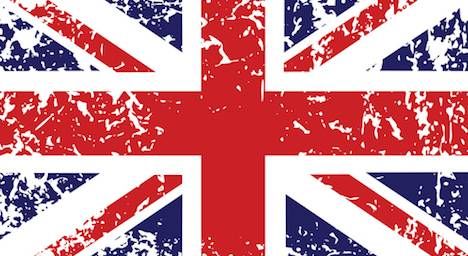
A Brexit Reading Syllabus
Many of us woke up on 24th June 2016 feeling profoundly ill about the way our fellow Brits had voted in the Referendum on whether to stay part of the EU.
How do we even begin to get our heads around a divorce of this magnitude? With books, of course. And also with music and film and quality journalism.
The Brexit Syllabus began to come together – initially on Twitter – as a collaborative project on the day that Great Britain’s secession from the European Union was formally declared, and by the evening it had ballooned to a long, long list.
It includes news coverage and social media, like The Guardian’s full results and analysis of the Referendum. and Op Eds and blog posts, like Salman Rushdie’s “We Live in the Age of Migration.”
There’s a long list of novels, from Zadie Smith’s White Teeth to Andrea Levy’s Small Island. There’s short stories like Hanif Kureishi’s My Son the Fanatic and poetry like John Donne’s “No Man is an Island.” Plays include East is East by Ayub Khan Din, and memoirs like Wonderful Adventures of Mrs. Seacole in Many Lands by Mary Seacole. There’s also critical theory and history books of all kinds.
The founding contributors come from the academic world and, in its early stages, they noted of the list:
Right now, #BrexitSyllabus is a long, thematic bibliography that’s a fantastic resource but also an overwhelming one. What’s clear to those of us who contributed is that we see the long arc of British history, literature, culture, and colonialism having a role in the long march towards Brexit. The challenge is how to make this legible for non-specialists. They are therefore looking into options for how users could easily create short, curated collections based on this list to connect the dots and create more manageable and meaningful paths through the material.
Many of our reactions to the news came from the heart and from the gut. It’s so important in the days, weeks, months and even years following, as the UK’s shape, status, and role in the world changes that we think critically about the factors that led to this moment and the way ahead for us as a country. Good writing will help us with this. Thank you, Roopika Risam, Hanna Clutterbuck-Cook, Toniesha Taylor, and Julia M. Wright, and everyone who has contributed. I’m so grateful for this project and the opportunities it provides to us to thoughtfully and intelligently process all that is happening.





